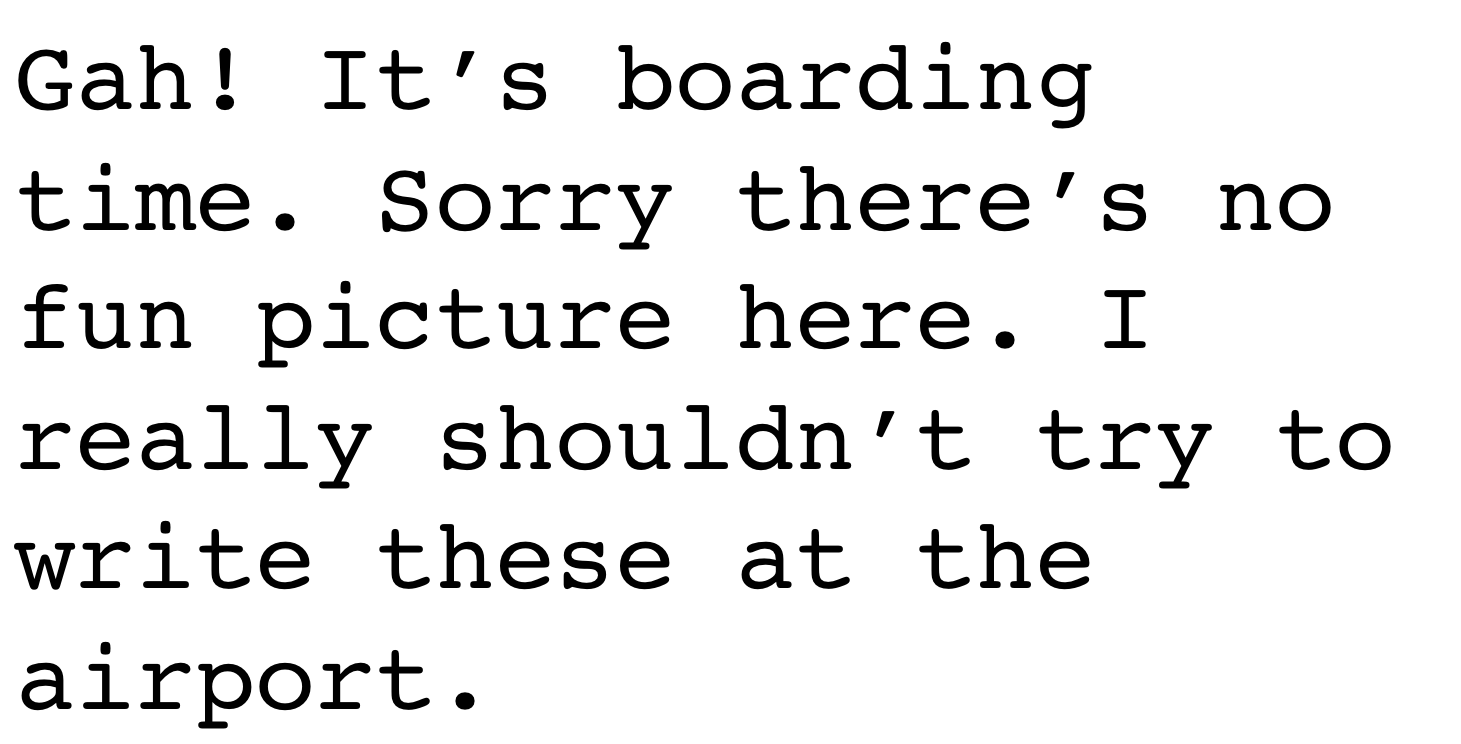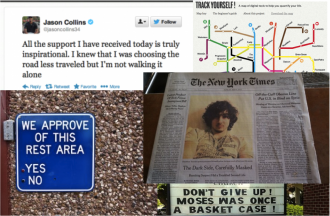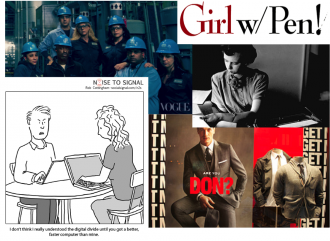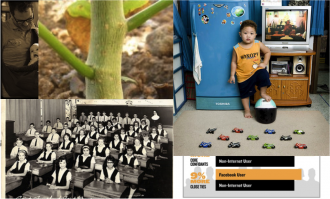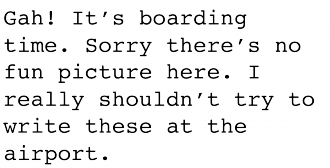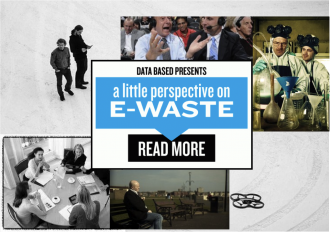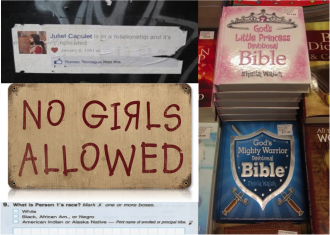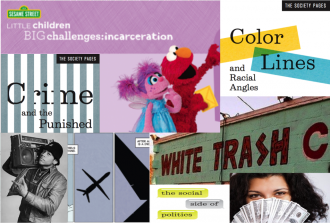 Don’t Call it a Comeback
Don’t Call it a Comeback
You know, come to think of it, I’m sure I’ve used that title before somewhere on the site. But you know what? I haven’t used it enough. So there.
Hrm. After skipping last week, I’ve got a lot to round up, so let’s just go with that. In the meantime, know that we’ve been putting the finishing touches on the second of our TSP readers with W.W. Norton & Co., Crime and the Punished, which is now slated for a fall release. If you look closely in the picture at right, you can see three of our cover images coming into focus (they’re not finalized, but they’re looking sharp).
Until then, feast your eyes on this! more...

